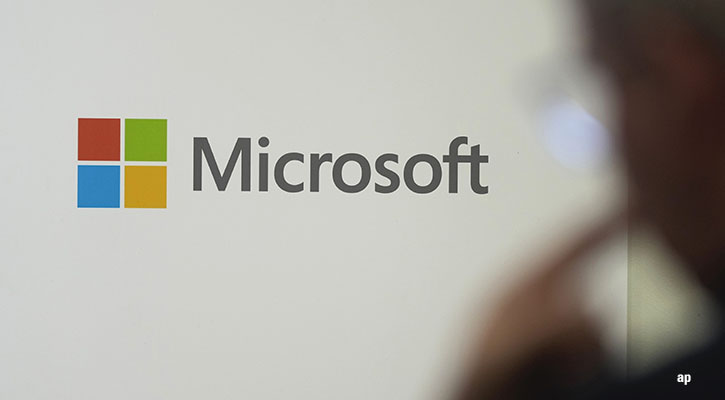Goldman Sachs' surprise results release at the beginning of the week sent banking stocks climbing higher across the globe. Similarly, JP Morgan's earnings release today has prompted another sector rally. Here's our take on the two US banks' first quarter numbers.
Goldman Sachs
Goldman
Sachs surprised investors by reporting results a day ahead of its
scheduled release, reporting earnings much better than the consensus
estimate, and announcing that it plans to raise $5 billion of equity.
The company reported net earnings of $1.81 billion and diluted earnings
per share of $3.39. We don't expect to change our fair value estimate.
The star performer was the fixed-income, currency, and commodities (FICC) business, which reported net revenue for the first quarter greater than all of the prior four quarters combined. Given currently available information, we believe the outperformance of this segment was based on large fixed-income spreads. Underwriting, equity trading, principal investments, and securities services were lower sequentially and asset-management revenue was flat. Goldman had more than $2 billion of write-downs for the quarter, but this was manageable when considering the outperformance of its FICC business.
Outsized FICC revenue is likely to persist as long as there is a heightened level of fear and lack of liquidity in the fixed-income markets. As the fear will eventually subside, we believe the high FICC net revenue is an outlier and shouldn't be relied upon to continue indefinitely. That said, when the fear subsides, other revenue lines such as debt underwriting should come back and plug any revenue hole left by shrinking spreads.
We don't see the equity-raising, which is expected to be used to pay back Troubled Asset Relief Program funds, as dilutive to current shareholders because we believe the stock is currently fairly valued. We see the repaying of TARP funds as positive, since it should help decrease employee defection to boutique investment banks.
JP Morgan
J.P.
Morgan Chase reported net income of $2.1 billion, or $0.40 per
share, for the first quarter, as increased provisioning for loan losses
pressured results. The results were roughly in line with our
expectations, and we are leaving our fair value estimate unchanged.
Provisions for loan losses nearly doubled from the first quarter of 2008, to $8.6 billion from $4.4 billion, as JP Morgan built its allowance for loan losses to a healthy 4.5% of total loans, more than twice the current level of nonperforming loans. As expected, credit quality deteriorated across most categories, and we think provisioning is likely to remain high throughout 2009. However, the company's $11.7 billion in pretax, preprovision earnings power provides a substantial cushion against credit losses. The company's recent dividend cut contributed to improvements in the bank's Tier 1 capital ratio, which increased to 11.3% from 10.9%, and its tangible common equity ratio, which rose to 4.3% from 4.0%. Investment banking revenue was $8.3 billion for the quarter, while the bank wrote down $711 million in leveraged loans. Finally, market declines were offset by inflows in the company's asset-management business, contributing to a 6% decline in assets under management when compared with the first quarter of 2008. We see nothing in the quarterly earnings that materially changes our opinion of the bank.
























